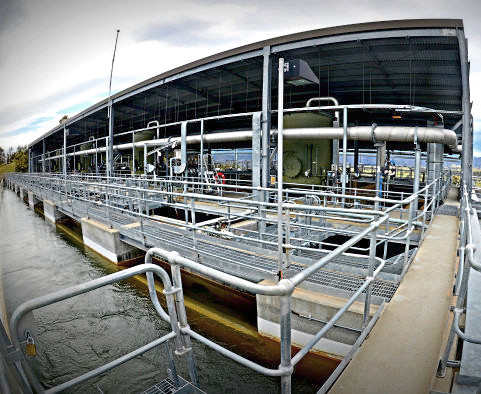WRA warns water operators
 Water Research Australia (WRA) has issued advice on COVID-19 in relation to water systems.
Water Research Australia (WRA) has issued advice on COVID-19 in relation to water systems.
Water and sanitation systems have not been the first priority when seeking to monitor and manage the spread of COVID-19 since the virus is not typically waterborne.
However, there are factors that need to be understood where the spread of the virus might have implications for the continuity of supply, according to the water research body.
Some coronaviruses can potentially survive in the gastrointestinal tract and be spread by the ‘faecal-oral’ route or via inhalation of contaminated wastewater droplets. There have not been reports of faecal-oral transmission of COVID-19 to date, but early studies have reported detection of the virus that causes COVID-19 in faecal matter of confirmed patients.
“Whilst plausible, because it’s newly discovered, it is not yet certain how well the virus is able to survive in water and wastewater,” Water Research Australia says.
“However, nasal secretions are found in wastewater (e.g. due to flushing of tissues) and most likely [the COVID-19 virus] will enter wastewater systems. Furthermore, the most similar virus tested, SARS-CoV, was shown to be present in wastewater and to persist in faeces, urine, water and wastewater for periods up to 2 days at 20°C, at least 14 days at 4°C, and survive for 4 days in diarrheal stool samples with an alkaline pH at room temperature.”
Based on this, it is possible that SARS-CoV-2 may be present in wastewater where COVID-19 infections are present. Importantly, the same is true for a wide variety of pathogens, such as other viruses, bacteria and protozoa.
“The controls already in place to protect persons working around wastewater are based on keeping workers safe from much more readily transmissible and established faecal-oral pathogens (such as norovirus, adenovirus, hepatitis A virus, Cryptosporidium, Giardia and Campylobacter). The key point is that existing, standard approaches, already used for working safely with wastewater, still apply, and no special or specific changes need to be made due to the SARS-CoV-2.”
The researchers say exposure to all pathogens in the workplace and in wastewater should be managed by ‘business as usual’ hygiene practices.
“Water utilities and their contractors should continue to provide safe working environments by following conventional precautions for working with wastewater. This involves providing the appropriate tools, equipment, work methods and procedures, personal protective equipment and sanitation for all workers.”
Detailed advice is available in PDF form, here.








 Print
Print